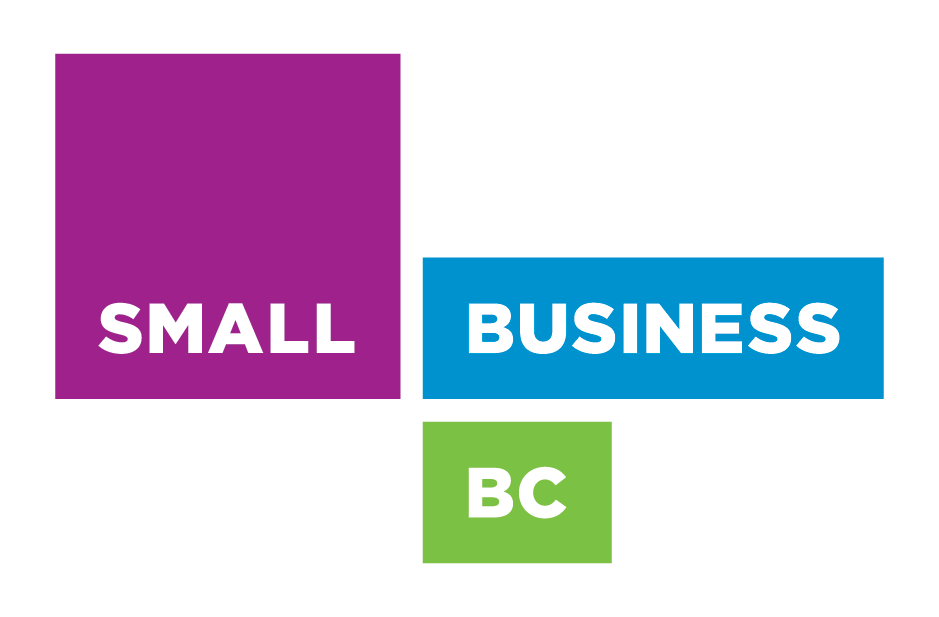Vancouver/Burnaby/Chilliwack/Abbotsford (Georgia Straight) – Although this article is based in Vancouver, the concern and the challenge is no different here in the Fraser Valley. To the average person who does not understand the intricacies of addiction or mental illness (and for many, they go hand in hand), this may confuse you, but for anyone connected to recovery, this recent Georgia Straight article hit like a no-brainer. You must treat addiction first, then the other support services can fall into place. I can speak from experience – Editor.
SFU associate professor Julian Somers describes himself as a big fan of Housing First, a social policy wherein homeless people who struggle with a mental illness or addiction issue are given a room as the first step in getting their lives on track. But Somers told the Straight that a study he conducted suggests there’s one area where the benefits of Housing First may hit a wall.
“The model that we implemented based on Housing First doesn’t, on its own, have an impact on problematic substance use,” Somers said in a telephone interview. “I think one of the chief implications would be that we need to strengthen the quality, availability, and diversity of addiction treatment.”
Somers described his latest paper—which saw publication July 16 in the academic journal Addiction—as the first to quantifiably test this aspect of Housing First.
For two years, researchers followed 497 Vancouver residents who were both homeless and diagnosed with a mental illness. A control group of 200 was marked “treatment as usual” and not given a room, while 297 people were provided with independent housing plus support services such as mental-health care.
When researchers compared the two groups’ drug-use habits, it was found that Housing First “did not reduce daily substance use compared with treatment as usual”.
Somers emphasized that these findings do not detract from previous research concluding that Housing First’s benefits justify its costs. (A 2014 Mental Health Commission of Canada report, for example, states that when the same group of people described above entered the Housing First program, the result was fewer visits to the emergency room, fewer interactions with the justice system, and “significant and meaningful improvements in community functioning and quality of life”.)
Somers added that this month’s findings related to drug use do not address cause and effect.
“Addiction treatment, period, is really hard to come by,” he explained. “The finding may really be related to the broader observation, that if you have an addiction in Vancouver and you are well-employed and wealthy, you may still have a problem getting adequate treatment.”
Vision Vancouver councillor Kerry Jang defended Housing First while acknowledging there are limits to its benefits.
“We’ve always known this,” he said on Somers’s findings related to drug use. “His research has demonstrated that Housing First is a necessary but not always sufficient condition to help somebody get off the street.”
For that reason, Jang stressed, a number of supportive-housing sites the city has developed with the province not only provide people with a room, but also include support services such as rooms reserved for at-risk youth and mental-health care services.
“It’s more and more common that the folks in our housing are the most ill,” he said. “They have a mental health and addiction problem. Concurrent disorders. And those guys can be expensive and difficult to treat. But they can be treated.”













